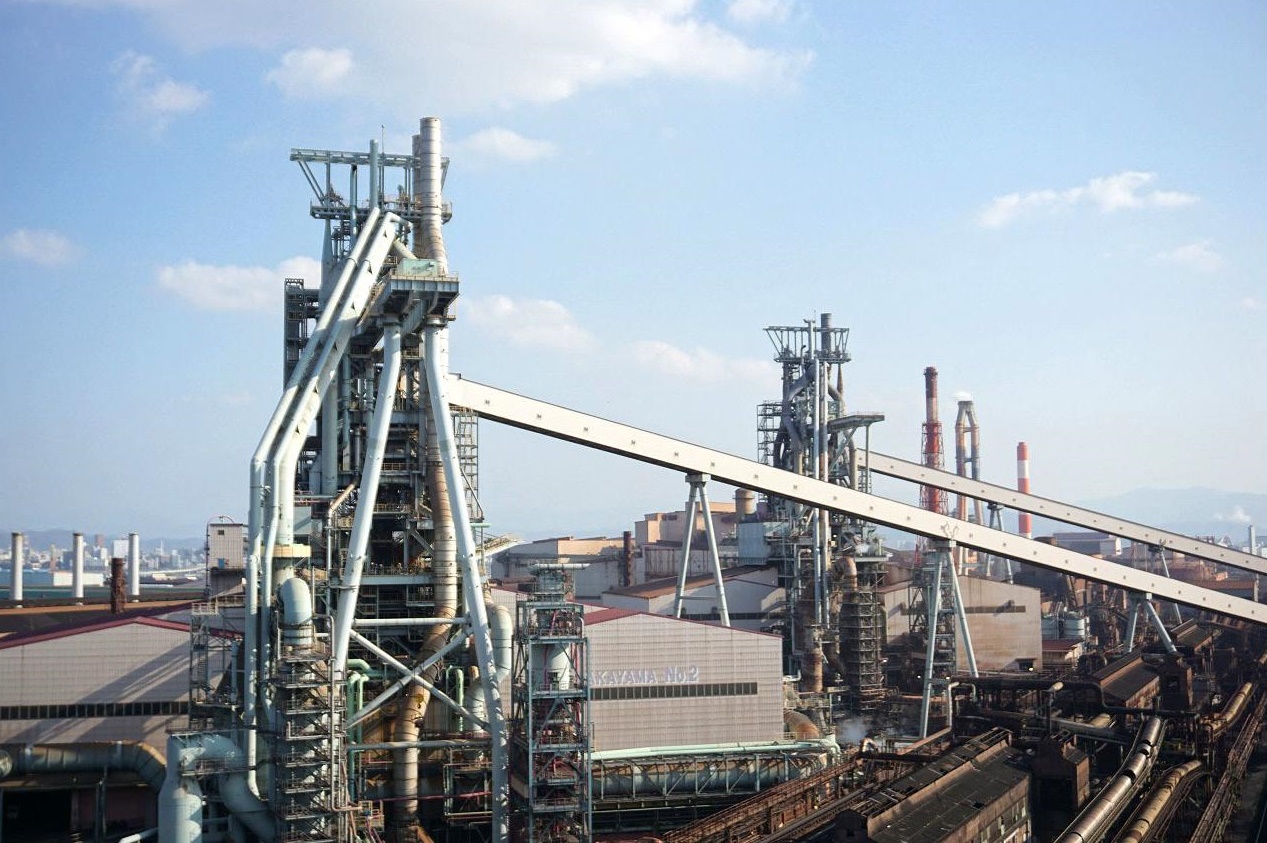
Nippon Steel’s plans to acquire Pittsburg-based US Steel have been met with opposition from both Democratic and Republican MPs, as well as the Joe Biden Administration. The bipartisan resistance to the $14.9 billion agreement appears to violate America’s fundamental devotion to free markets and unrestricted enterprise. Critics believe that the acquisition of the renowned American corporation, founded in 1901 by J P Morgan and Andrew Carnegie and once one of the largest in the world, could endanger US national security and have an impact on union jobs in Pennsylvania, a vital battleground state. The United Steelworkers, a prominent union that supported Biden’s 2020 presidential bid, has spoken out against the agreement.
Late on Thursday, the White House said the proposed acquisition of US Steel by a foreign entity “deserve(s) serious scrutiny in terms of its potential impact on national security and supply chain reliability”. One, Nippon Steel is the largest steelmaker in Japan, one of Washington’s closest allies — an alliance the State Department describes as “the cornerstone of US security interests in Asia and…fundamental to regional stability and prosperity”. The alliance, according to the US, is based on “shared vital interests and values, including the maintenance of stability in the Indo-Pacific region, the preservation and promotion of political and economic freedoms…”
Nippon Steel, the world’s fourth-largest steelmaker
As a result, the case for the US national security imperative becomes tough to swallow. Two, Nippon Steel, the world’s fourth largest steelmaker, is well-capitalised and might help US Steel’s operations to be more stable. The merger would place the merged organization among the world’s top three steel producers and create one of the largest steel companies outside of China, restoring some of the legendary American company’s old splendour and advancing Washington’s reinvigorated manufacturing push.
Third, this is not an unfriendly takeover. Since August, when it rebuffed down an unsolicited bid from an American competitor, US Steel has been hunting for a buyer. Fourth, the conditions of the deal, which is subject to shareholder approval in an upcoming vote, are reasonable. Nippon Steel would pay $55 per share, a premium of 40% excluding assumed debt. In addition, US Steel will keep its headquarters in Pittsburgh and its name. Finally, Nippon Steel is not new to America; it has been in the country for four decades, beginning with a joint venture project in West Virginia with Wheeling-Pittsburgh Steel.
The powerful United Steelworkers union, which was important in convincing President Donald Trump to impose tariffs on steel imports during his presidency, has dubbed the arrangement “shortsighted” and said it will fight the acquisition. According to union president David McCall, the union remained open to negotiating with US Steel to keep the company locally owned and controlled, but US Steel instead chose to “push aside the concerns of its dedicated workforce and sell to a foreign-owned company.” Neither US Steel nor Nippon had consulted the union, which McCall described as “a violation of our partnership agreement.”
There are regulatory hurdles as well. A group of Republican Senators had written to Treasury Secretary Janet Yellen after the deal was announced, arguing that the Committee on Foreign Investment in the United States (CFIUS) — an inter-agency panel chaired by the Treasury Secretary with power to block acquisitions of US companies by foreign firms if the deal posed a threat to American national security — should block the transaction. Lael Brainard, director of the National Economic Council, which is part of the President’s Executive Office, said the deal looked “like the type of transaction” that CFIUS is set up to investigate, and that the administration “will be ready to look carefully at the findings of any such investigation and to act if appropriate”.
Reuters, citing traders, stated that CFIUS would find it difficult to oppose the purchase because Nippon is from Japan, a US ally with a history of investing in North America. The transaction must also be approved by shareholders, which may not be a major issue.
US Steel shares rose following the news on Monday, but Nippon’s sank on fears that the company overpaid to acquire a company that had long been regarded as failing. US Steel employs about 20,000 people worldwide, including over 14,000 in the United States.
